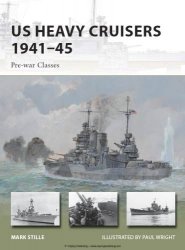The looming Soviet threat brought the Cold War closer to the American people than ever before. Such fears provided public support for increased spending on defense. In 1955 Eisenhower worried that a Soviet nuclear attack would plunge American cities into chaos. The roads out of threatened cities “would be the breeder of a deadly congestion within hours of an attack,” he noted. He therefore backed a federally-funded highway system; this would not only facilitate the evacuation of cities but would also allow the army to mobilize more rapidly. The National Interstate and Defense Highway Act of 1956 became the largest public works project in the nation’s history.
The Soviet Union’s success in building atomic and hydrogen bombs, and especially in launching an orbiting satellite before the United States, also prompted Eisenhower to initiate a sweeping reform of the nation’s schools. “The defense of the nation depends upon the mastery of modern techniques developed from complex scientific principles,” he declared. In 1958 he signed the National Defense Education Act. It provided federal aid to promote study of science, mathematics and foreign languages in large, comprehensive (and sometimes anonymous) high schools.

This interchange near Seattle was part of the interstate highway system advanced by Eisenhower to facilitate both military transports and civilian evacuations.
“Godless” communism posed an ideological as well as military threat. In 1954 the Reverend George Docherty warned his Presbyterian congregation in Washington, DC, that “little Muscovites” in the Soviet Union were pledging allegiance to “hammer and sickle” atheism. But an “atheistic American,” he intoned, was “a contradiction in terms.” Later that day Eisenhower, commenting on the sermon, told a radio audience that whatever their “personal creed,” Americans still “believed in a higher power.” A few months later he signed a law that added the phrase “one nation under God” to the Pledge of Allegiance. The next year, Congress added “In God We Trust” to the nation’s currency.




 World History
World History









